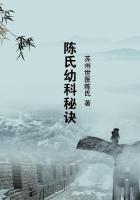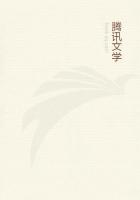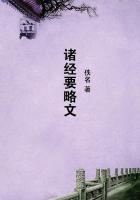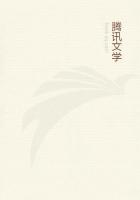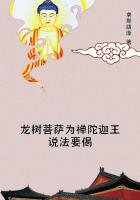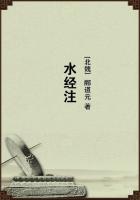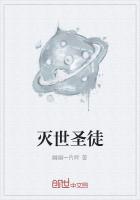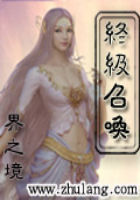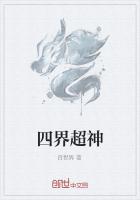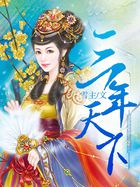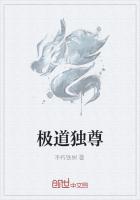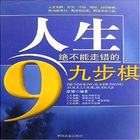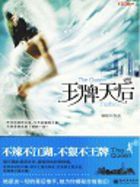If he begins to spend money too freely or to neglect his duties, though his employer may know nothing of the fact, suspicions are at once aroused among his fellow-members, and an investigation ensues--
ending in summary expulsion if the suspicions prove to have been well founded. Mutual responsibility, in short, creates a very effective system of mutual supervision.
Of Ivan's sons, the one who was a carpenter visited his family only occasionally, and at irregular intervals; the bricklayer, on the contrary, as building is impossible in Russia during the cold weather, spent the greater part of the winter at home. Both of them paid a large part of their earnings into the family treasury, over which their father exercised uncontrolled authority. If he wished to make any considerable outlay, he consulted his sons on the subject; but as he was a prudent, intelligent man, and enjoyed the respect and confidence of the family, he never met with any strong opposition. All the field work was performed by him with the assistance of his daughters-in-law; only at harvest time he hired one or two labourers to help him.
Ivan's household was a good specimen of the Russian peasant family of the old type. Previous to the Emancipation in 1861 there were many households of this kind, containing the representatives of three generations. All the members, young and old, lived together in patriarchal fashion under the direction and authority of the Head of the House, called usually the Khozain--that is to say, the Administrator; or, in some districts, the Bolshak, which means literally "the Big One." Generally speaking, this important position was occupied by the grandfather, or, if he was dead, by the eldest brother, but the rule was not very strictly observed.
If, for instance, the grandfather became infirm, or if the eldest brother was incapacitated by disorderly habits or other cause, the place of authority was taken by some other member--it might be by a woman--who was a good manager, and possessed the greatest moral influence.
The relations between the Head of the Household and the other members depended on custom and personal character, and they consequently varied greatly in different families. If the Big One was an intelligent man, of decided, energetic character, like my friend Ivan, there was probably perfect discipline in the household, except perhaps in the matter of female tongues, which do not readily submit to the authority even of their owners; but very often it happened that the Big One was not thoroughly well fitted for his post, and in that case endless quarrels and bickerings inevitably took place. Those quarrels were generally caused and fomented by the female members of the family--a fact which will not seem strange if we try to realise how difficult it must be for several sisters-in-law to live together, with their children and a mother-in-law, within the narrow limits of a peasant's household.
The complaints of the young bride, who finds that her mother-in-law puts all the hard work on her shoulders, form a favourite motive in the popular poetry.
The house, with its appurtenances, the cattle, the agricultural implements, the grain and other products, the money gained from the sale of these products--in a word, the house and nearly everything it contained--were the joint property of the family. Hence nothing was bought or sold by any member--not even by the Big One himself, unless he possessed an unusual amount of authority--without the express or tacit consent of the other grown-up males, and all the money that was earned was put into the common purse. When one of the sons left home to work elsewhere, he was expected to bring or send home all his earnings, except what he required for food, lodgings, and other necessary expenses; and if he understood the word "necessary" in too lax a sense, he had to listen to very plain-spoken reproaches when he returned. During his absence, which might last for a whole year or several years, his wife and children remained in the house as before, and the money which he earned could be devoted to the payment of the family taxes.
The peasant household of the old type is thus a primitive labour association, of which the members have all things in common, and it is not a little remarkable that the peasant conceives it as such rather than as a family. This is shown by the customary terminology, for the Head of the Household is not called by any word corresponding to Paterfamilias, but is termed, as I have said, Khozain, or Administrator--a word that is applied equally to a farmer, a shopkeeper or the head of an industrial undertaking, and does not at all convey the idea of blood-relationship. It is likewise shown by what takes place when a household is broken up.
On such occasions the degree of blood-relationship is not taken into consideration in the distribution of the property. All the adult male members share equally. Illegitimate and adopted sons, if they have contributed their share of labour, have the same rights as the sons born in lawful wedlock. The married daughter, on the contrary--being regarded as belonging to her husband's family--and the son who has previously separated himself from the household, are excluded from the succession. Strictly speaking, the succession or inheritance is confined to the wearing apparel and any little personal effects of a deceased member. The house and all that it contains belong to the little household community;

